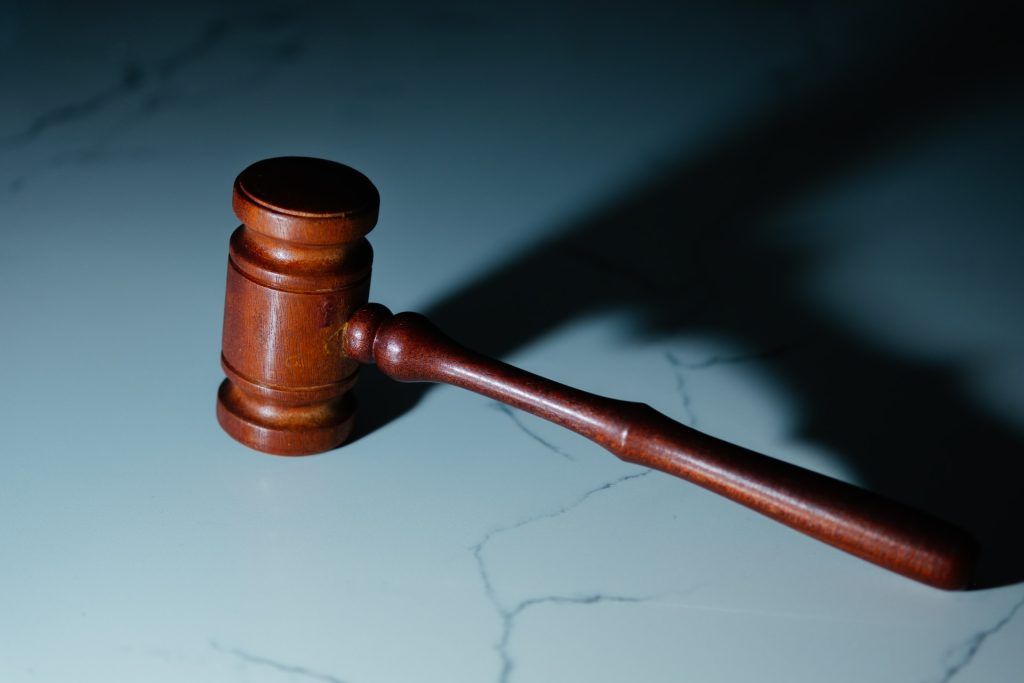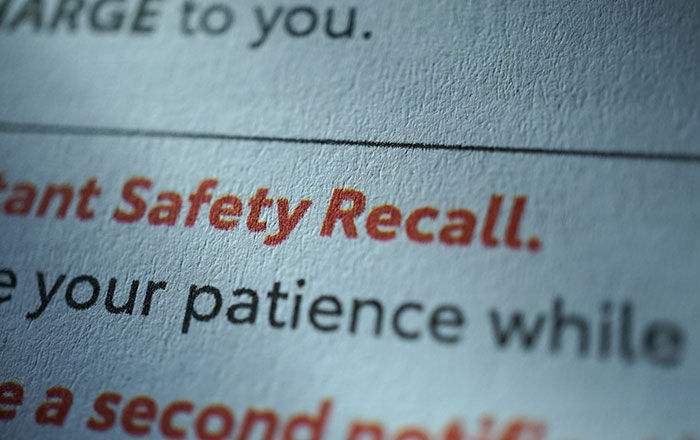
Car accidents can be traumatic events that lead to severe injuries, property damage, and emotional distress for those involved. When a car accident occurs, the question of liability arises – who is at fault for the collision? In legal terms, the person or entity responsible for causing the accident is liable for the damages suffered by the victims. Consequently, car accident cases can involve multiple parties, each potentially being sued for their role in the accident. This article aims to explore the various parties who can be sued in a car accident case and the factors that determine their liability.
The Driver at Fault
In the majority of car accidents, the primary party to be sued is the driver who caused the collision. When a driver fails to exercise reasonable care, drives recklessly, or violates traffic laws, they can be held liable for any resulting damages. Proving negligence is crucial in car accident cases, and factors such as distracted driving, speeding, drunk driving, or failure to obey traffic signals can be used as evidence against the at-fault driver.
To initiate a lawsuit against the driver at fault, the injured party (plaintiff) must demonstrate that the driver owed a duty of care to others on the road, breached that duty through negligence, and that the breach directly caused the accident and the resulting damages.
Vehicle Owner
In certain situations, the vehicle owner can also be sued in a car accident case. This is applicable when the driver at fault was operating someone else’s vehicle with the owner’s permission. The legal principle of “vicarious liability” holds the owner responsible for the actions of the driver when using their vehicle with consent. However, it’s important to note that if the driver was operating the vehicle without permission, the owner may not be liable for the accident.
Employers
Employers may be sued for a car accident caused by one of their employees while performing their job duties or during work hours. The doctrine of “respondeat superior” holds employers liable for the actions of their employees within the scope of their employment. To establish employer liability, it must be demonstrated that the employee was acting in the course of their employment at the time of the accident. For instance, a delivery driver causing an accident while making deliveries would likely trigger liability on the part of the employer.
Manufacturers
In some car accidents, the cause may be traced back to a defect in the vehicle itself. When a car malfunctions due to a manufacturing flaw or a defective part, the vehicle manufacturer or the manufacturer of the specific faulty component may be sued for damages. Product liability laws govern such cases, and the injured party must show that the defect was the direct cause of the accident and resulting injuries.
Manufacturers can be held liable under three main types of product defects:
- Manufacturing Defects: These occur during the production process and cause a particular vehicle to deviate from its intended design, making it unsafe.
- Design Defects: These defects are inherent in the vehicle’s design, making all vehicles of a specific model unsafe.
- Marketing Defects: Also known as failure-to-warn defects, these involve inadequate warnings or instructions regarding the safe use of the vehicle.
Government Entities
When a car accident is a result of dangerous road conditions or inadequate maintenance, the government entity responsible for overseeing the roadways can be sued for negligence. This is based on the concept that governments have a duty to ensure that public roads are reasonably safe for drivers. To sue a government entity, there may be specific procedural requirements, such as providing timely notice of the claim.
Government liability in car accident cases can arise from issues such as poorly maintained roads, lack of proper signage, defective traffic signals, or hazardous construction zones.
Conclusion
Car accidents can lead to life-changing consequences for those involved, and determining who can be sued in a car accident case is crucial for seeking legal remedies and compensation.
In each car accident case, establishing liability is essential, and gathering evidence to support claims is critical. It is advisable for anyone involved in a car accident to seek legal counsel from experienced personal injury attorneys to understand their rights, navigate the complexities of the legal process, and ensure they receive fair compensation for their losses.
Contact McWhirter, Bellinger & Associates
If you’ve been injured in a car accident in South Carolina, you probably have questions about who should be held liable. Although the answer is sometimes straightforward, it can also be complex – particularly if there is more than one party at fault.
This is understandably a confusing time for you, but it’s just another day at work for an experienced personal injury attorney. A South Carolina car accident lawyer can answer all of your questions and serve as your guide and advocate throughout the entire claim process.
When you hire a car accident attorney, you are hiring someone who has the skills and experience to go head-to-head with the other side’s insurance company, refusing to fall for their tricks. The outstanding personal injury lawyers at McWhirter, Bellinger & Associates do everything they can to secure fair settlements for their clients, and they won’t be bullied by the unscrupulous tactics of insurance companies who care more about their bottom line than the well-being of car accident victims.
We offer free case evaluations to those who have been hurt in car accidents in South Carolina, and we would be honored to speak with you and advise you on your next steps. There is absolutely no obligation to hire us after speaking with us. If you do choose to hire us, you won’t pay anything unless we help secure an award for you.
McWhirter, Bellinger & Associates has seven offices across the Midlands of South Carolina, in Aiken, Camden, Columbia, Lexington, Newberry, Orangeburg, and Sumter. We’re standing by to help, so give us a call today at 888-353-5513.















